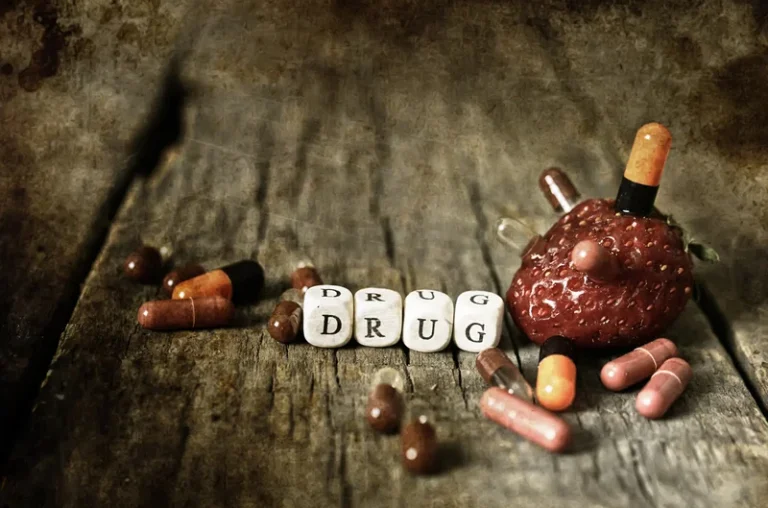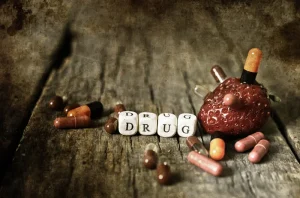
Understanding, identifying, and working to prevent triggers can be empowering and effective, especially in comparison to supporting someone after they have been triggered. Crystal Raypole has previously worked as a writer and editor for GoodTherapy. Her fields of interest include Asian languages and literature, Japanese translation, Alcoholics Anonymous cooking, natural sciences, sex positivity, and mental health. In particular, she’s committed to helping decrease stigma around mental health issues. Emotion regulation is a difficult skill to master for most people, and it’s not always easy to identify triggers on your own.
- Addiction and substance use disorder affects over 17% of the American population.
- When they first mentioned it, you told them hearing about the infidelity made you uncomfortable.
- For some, a trigger can elicit an emotional reaction, like thinking “I am being attacked.” For some, a trigger can cause harm or a relapse.
- The final stage, physical relapse, happens when the person starts using drugs or drinking alcohol again.
- An individual usually has some control over external addiction triggers.
How to Deal With Relapse Triggers
This can help you avoid an instinctive reaction you might regret later. This reminder can help you take back control and actively choose another response, such as briefly summarizing the book or following up with a question about what they’re reading. But before you can begin working through those emotions, you have to accept them. Denying or ignoring what you feel generally only makes it worse over time.

Lifestyle Quizzes
This reminiscence of times when the addiction was in control is often a sign of the addiction trying to take over the brain again. If this is not immediately stopped, it can lead to current use and erosion of recovery. Our state-specific resource guides offer a comprehensive overview of drug and alcohol addiction treatment options available in your area.

What to Do After Identifying your Triggers in Addiction?
- Whether trigger warnings are helpful or harmful is a subject of debate.
- Our state-specific resource guides offer a comprehensive overview of drug and alcohol addiction treatment options available in your area.
- Relapse triggers are events, situations, or emotions that can lead to a strong desire to seek out drugs and alcohol again, potentially resulting in alcohol abuse.
- If you find yourself in high risk situations that could trigger a relapse, you should immediately reach out to someone that you can trust and who is supportive of your recovery.
Mental health professionals don’t yet know precisely how triggers form. Some researchers believe that the brain stores memories from a traumatic event differently from memories of a non-traumatic event. What may be a normal, everyday situation or minor inconvenience for some may be triggering to someone living with mental illness. However, Mezulis notes that even people without a history of trauma can be triggered when something elicits a strong emotional reaction. Warren is a Licensed Master Social Worker, who specializes in substance abuse and mental health treatment. Clinically, Warren has developed a therapeutic skillset that utilizes a strengths-based perspective, Twelve Step philosophies, Cognitive Behavioral Therapy and Motivational Interviewing.
How Overconfidence Can Lead to Relapse
These calls are offered at no cost to you and with no obligation to enter into treatment. Neither this site nor anyone who answers the call receives a commission or fee dependent upon which treatment provider a visitor may ultimately choose. Pinnacle Health Group is available 24/7 to discuss your treatment options. Their representatives will discuss whether their facility may be an option for you.
Reach out now and join our supportive

These triggers are thoughts or emotions that make you want to use drugs. Avoid external triggers whenever possible, and get rid of any item that may lead to a trigger. Recognize that these friendships are harmful to you and be sure to cut the friendship off completely; a half-way ending to a bad friendship will be much less likely to succeed. Whether it’s trusted friends, family members, or fellow peers in recovery programs like group therapy or support meetings, having supportive individuals around can make all the difference. While many triggers can be negative experiences, it is important to note that positive events can trigger relapsing as well. Mental relapse, or relapse justification, is the continuous fight between wanting to use and knowing you should not use.
- Emotions that act as internal triggers can be negative, positive, or neutral.
- You have to make sure that you prepare yourself with the proper tools and coping methods to avoid being surprised by cravings.
- Everyone has unique emotions bubbling under the surface at any given time, and you may not know what’s going on unless they tell you.
- Strategies should seek to eliminate, avoid and reduce the impact of triggers and emotional reactions.
Social Media

McGeehan points to a 2013 review of more than 200 studies that found mindfulness-based therapy effectively reduces anxiety, depression, and stress. Another potential benefit is that these warnings can help improve individual empowerment, allowing people to make informed choices about how they engage with information. When stress levels rise, the brain’s prefrontal cortex, responsible for cognitive control and stress regulation, is inhibited, making it harder to manage impulses and make informed decisions. Calls to numbers on a specific treatment center listing will be routed to that treatment center. Calls to any general helpline will be recieved by Pinnacle Health Group, a paid advertiser. It is helpful to get in touch with people who can offer you support and encouragement as you confront and manage these thoughts and emotions.
Engaging in fulfilling activities that replace substance use can help external trigger examples you stay on the right track and maintain your sobriety. It’s understandable to be concerned about relapse after completing a substance abuse treatment program. Triggers may seem to be everywhere, and you might want to isolate yourself to avoid them.
Internal and External Triggers: 13 Examples of Each
External triggers, on the other hand, stem from environmental factors. Recognizing and understanding both types of triggers can significantly enhance an individual’s recovery progress and help prevent relapses. A trigger, sometimes referred to as a stressor, is an action or situation that can lead to an adverse emotional reaction. In the context of mental illness, referring to triggers usually means something that has brought on or worsened symptoms. Internal and external triggers refer to emotional, environmental, or social situations that prompt memories which cause a desire to use drugs or drink alcohol again.